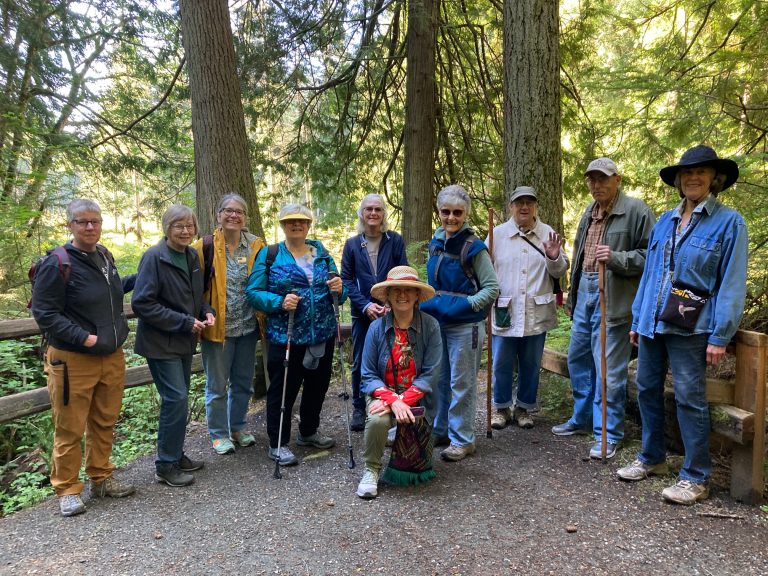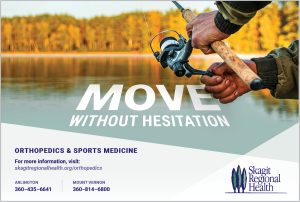Subtle Symptoms of Brain Injury Seniors Should Not Ignore is contributed by Walton Law in March, 2024, as an online article at VibrantSeniorOptions.com
 Did you know that there are an estimated 5.3 million Americans living with long-term disabilities as a result of brain injury?
Did you know that there are an estimated 5.3 million Americans living with long-term disabilities as a result of brain injury?
In some cases, full recovery is not possible. Model Systems Knowledge Translation Center – a national research center dealing extensively with traumatic brain injury – reports that two years after injury, about 30% of people suffering from moderate to severe TBI require some assistance from another person.
MSKTC also reports that about 25% of traumatic brain injury victims have major depression, and only an estimated 50% can drive again. These statistics show that people living with a brain injury may not experience the same quality of life that they enjoyed before the injury.
Concussion versus traumatic brain injury
Traumatic brain injuries refer to any injury to the brain that may result from a blow to the body or head, which can be in the form of a penetrating or impact injury. This type of acquired brain injury is common in auto accidents, slip and fall incidents and pedestrian accidents.
Symptoms of TBI include tingling in the hands, headaches, and a feeling of pins and needles, among others.
In contrast, concussions refer to injuries where brain function is affected by a collision or a jarring blow to the body or head. The brain gets jostled in the skull, causing damage to brain cells, which may alter brain chemistry. In certain medical circles, concussions are known as a mild form of traumatic brain injury. Concussions can be caused by trip and fall accidents, playing contact sports and vehicle accidents.
Signs or symptoms of head injury should never be ignored. Always consult with a medical practitioner if you suspect you have a head injury.
Anticipate delayed symptoms
You may suffer delayed symptoms following the head injury even if the doctor discharges you. It is dangerous to assume that you are okay because injuries can manifest gradually. Significant injury to the brain may have delayed symptoms, which can lower your quality of life.
Here are a few subtle signs you should not ignore:
- Balance problems
- Persistent headaches
- Intermittent nausea
- Excessive sleepiness
- Vomiting
- Slurred speech
- Confusion
Recovering from traumatic brain injury
Treatment can range from rest and pain medication to brain surgery and ensuing rehabilitation. Your recovery will depend on the severity of injury.
Concussion generally requires days or a few months to heal completely. However, severe traumatic brain injuries may mean weeks or years of rehab.
Consult with a Western Washington traumatic brain injury attorney
Anyone who suspects a brain injury has been caused by the actions of another should immediately consult with a qualified personal injury attorney. Injuries to the brain may incur costly medical bills, and injured parties should not have to suffer the financial ramifications on their own.
Walton Law is here to support and guide Whatcom, Skagit and Island County seniors and their loved ones throughout the legal process, ensuring their rights are protected. We offer free and confidential consultations. Live chat with a member of our team by visiting Walton Law www.waltonlawapc.com/ or call us at 360-503-0231.
Walton Law, APC
Washington Office
360-503-0231
waltonlawapc.com
Vibrant Senior Options Resource Guide Home Page





















